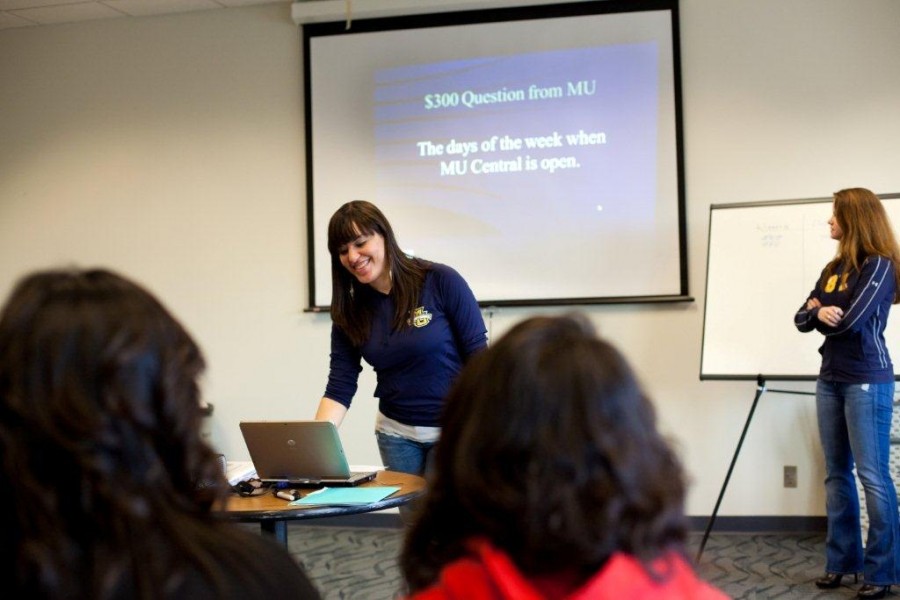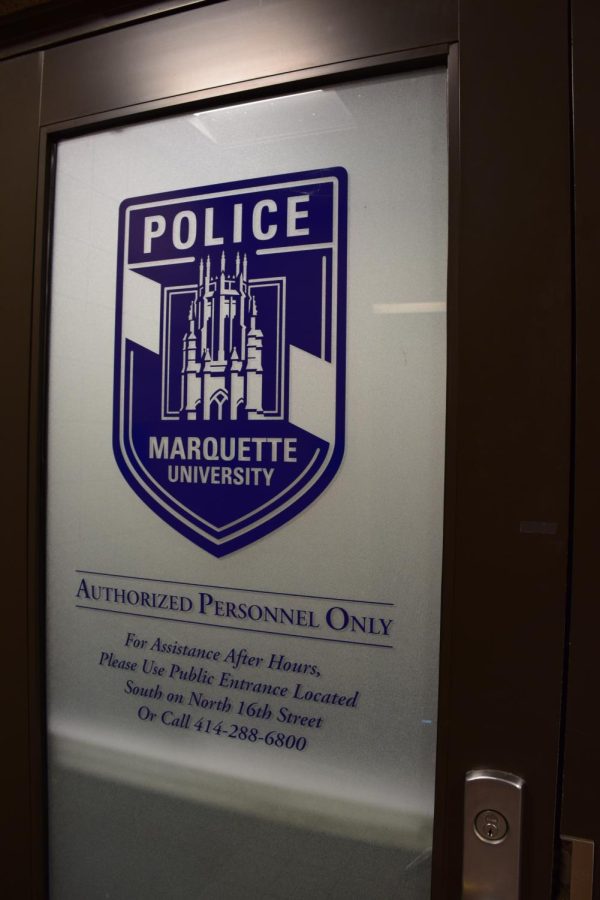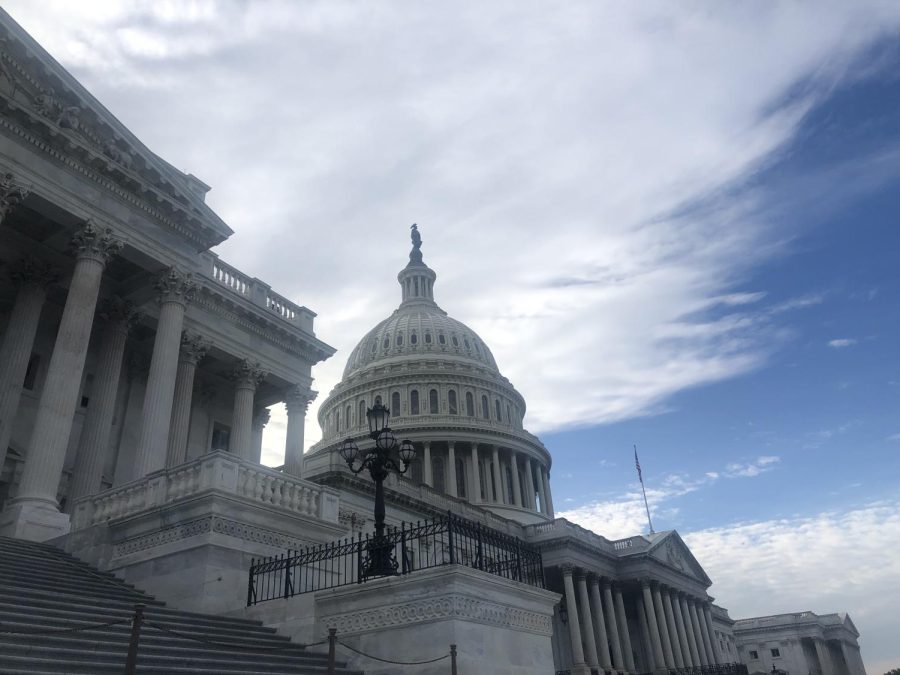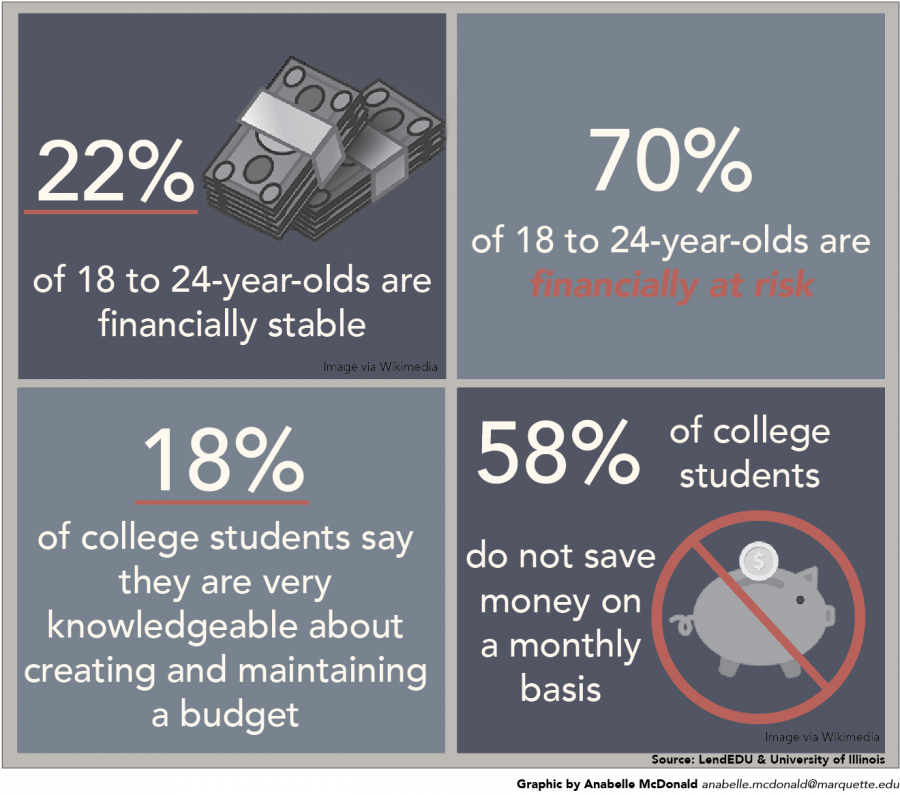In response to the Office of the Bursar’s observation that students lack personal finance understanding, MU Money Matters created a financial literacy program to teach students about managing personal finances.
The program focuses on budgeting, banking, credit, investing and scams. It utilizes pop-culture videos, a medium blog, websites, presentations and game nights to teach the lessons.
Tamara Tyrrell, accounts receivable manager at the Office of the Bursar, said some students receive financial literacy education through guardians or high school classes but most students know little about personal finance.
“There is a lack of understanding of how much this impacts students, especially those that kind of have their parents taking care of things right now,” Tyrrell said. “This is really important to them in the future and can impact whether they can buy a house, buy a car, get a loan (or) if they want to start a business.”
The program is administered to each academic class individually. Freshman presentations, which happen at programs such as Preview and New Student Orientation, aim to educate them on loans, financial aid and general finance. Other grades receive programming focused more on loan repayment options.
Presentations can be formal or informal with Jeopardy!-style game nights. They’re given to residence halls, student groups including the Educational Opportunity Program, Urban Scholars, transfer students, Office of Disability Services and Upward Bound.
Katie Meinel, the coordinator of student loan accounts at the Office of the Bursar, said educating students about financial literacy can be difficult.
“It’s challenging to get students to become interested in their student loans early on,” Meinel said in an email. “We’d like to be able to reach every single student with loans but with all the media hype about the student loan debt, it’s my perception that students are scared to think about it.”
Alex Mohs, a junior in the College of Nursing, admitted that her guardian previously controlled her finances and she is now starting to understand them as an upperclassman.
“I think that (Marquette students) are at the point in life right now where we kind of need to make the shift and become more aware of what’s going on and, prior to graduation, how we are going to deal with (finances),” Mohs said.
Tess Bridges, a sophomore in the College of Arts & Sciences and peer educator at the Office of Bursar, said students can transition away from dependency by participating in the financial literacy program.
“College students are in a time of transition so you have to have someone (…) to kinda walk you through, like okay, ‘this is how essentially to be an adult,’” Bridges said.
The Financial Literary Office plans to make more personal finance pop culture videos and an Instagram account. The program is also planning a campus rummage sale to promote student savings and money earning.
Student groups can request a financial literacy presentation by contacting the Financial Literacy Office.







